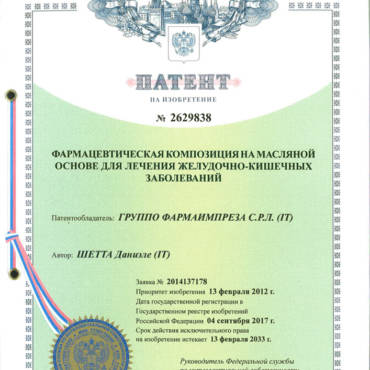Influence on human health and possible interventions
The intestinal microbiota plays a key role in the health of the host, since the earliest stages of life, especially because of his involvement in multiple immunological and physiological mechanisms. Resident bacteria form a complex and diverse ecosystem. Most of this microflora is concentrated in the distal part and is composed mainly of Gram-negative bacteria anaerobes.
The influence of gut microbiota on human health begins with birth and lasts during the entire life. The transmission of bacteria from the mother to the infant influences the bowel colonization with potential consequences on health. During childhood and adolescence, the changes in the microbiota may depend to the type of diet, the development of the immune system and the development of puberty and, in general, to the lifestyle. During adulthood the composition of the microbiota is relatively stable, especially in terms of bacterial species.
The stability and diversity of the resident microflora is gradually reduced with age. The potential of the microbiota to influence health is of crucial importance for the elderly. Maintaining an “healthy” intestinal microbiota during aging can prevent the development of certain inflammatory processes. Supplementation with probiotic bacteria and prebiotic fiber, therefore, may be important for maintaining the proper diversity of intestinal microbiota.



Add Comment